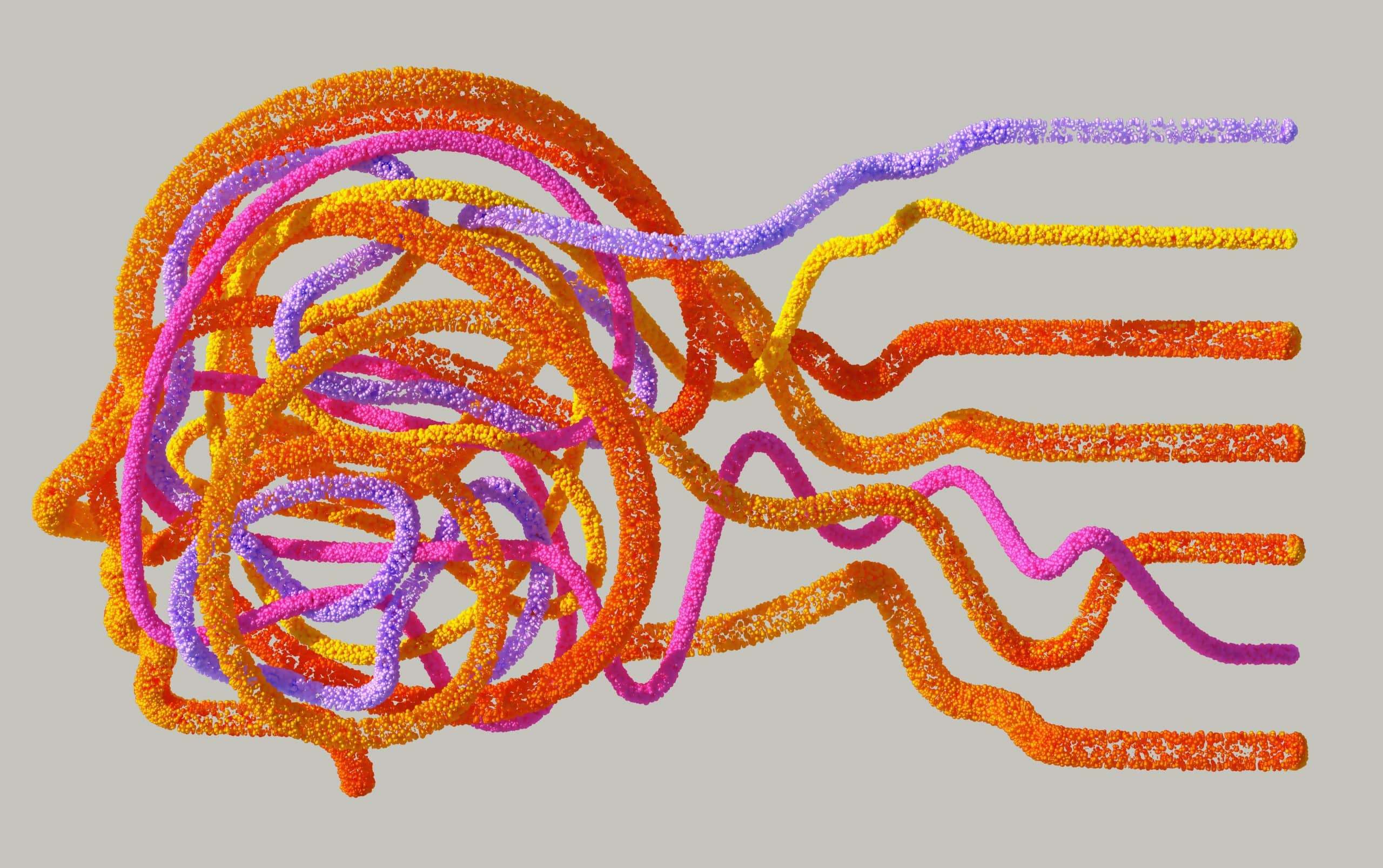A dementia diagnosis can be overwhelming, and it’s important to know that it may take some time to adjust to such news. Health providers may provide you with some information regarding your type of diagnosis and the support networks available to you. Some of this information may take a while to process, and it may be that you are just looking to sit with your diagnosis before making any decisions. This article discusses some of the first steps you can consider once you are ready to move forward with some planning.
Take A Moment
Before thinking about taking any action, try to adjust to the change such a diagnosis will bring to your life. Reaching out to connect with trusted friends or family can be helpful, but not everyone wishes to do this. Questions about your future and concerns about the unknown are expected, as are feelings of shock, denial, or grief. You can see a counselor or other professional to speak to, but this option isn’t for everyone. If opening up isn’t your thing, try giving journaling a go instead. Writing down feelings is a great outlet for anxiety or a build-up of emotions that have surfaced unexpectedly.
Your Health First
Ensuring health-related matters are organized and as per your wishes is a priority. If you do not have a current advance directive in place, it may be a good place to start. An advanced health directive may sound intimidating but it is a convenient document to have. They contain a person’s preferences regarding their care and medical interventions. Advance directives even allow you to allocate another person to advise doctors and other healthcare professionals about your priorities if you aren’t able to do this yourself.
Financial Matters
It’s important to ensure your money is secure and that those you trust can help you when you need some extra support. Having a Power of Attorney can alleviate some of the burden of paying bills or making decisions if you’re unwell or are unable to take control of some financial affairs. If you have loved ones or potential caregivers interested in supporting you with your finances, they can offer their willingness for you to keep in mind as you finalize your support network.
Nurture Yourself
Self-care comes in many different forms. These include eating well, getting enough sleep, and keeping the body moving with some form of exercise. But what do you enjoy doing? Whether it’s pottering in the garden or taking art classes, you must continue to pursue your interests and hobbies. If you would like to try something new, a dementia community group in your local area may offer options alongside other people with similar interests.
Sharing Your Diagnosis
Only the person living with a diagnosis of dementia can decide if they want to share their news with friends and family. There is no right or wrong decision here, nor is there a right or wrong way to tell others your story. Some people may already have a dependable person in place to support them when sharing their diagnosis. Doctors can provide medical leaflets and other information to help people understand dementia and some of the things that may assist when discussing a diagnosis of dementia.
Final Words
Receiving any diagnosis is a highly personal journey, and navigating through the unchartered territory of your illness can be confronting. Allowing time to digest the change and what your new life may look like is essential. Equally so is allowing yourself to lean on others while you work out your wishes and other areas of your life where you may need assistance.
Disclaimer: This article is intended simply to provide information. It does not replace the medical advice of a physician. Please speak with your doctor if you have any questions or concerns.
For More Great Content
Total Apex is an all-encompassing content producer. We provide detailed articles every day on entertainment, gaming, sports, and so much more! Check out all our great sports content at Total Apex Sports. Check us out on X @TotalApexEandG and our other sites: Total Apex Sports Bets and Total Apex Fantasy Sports.










